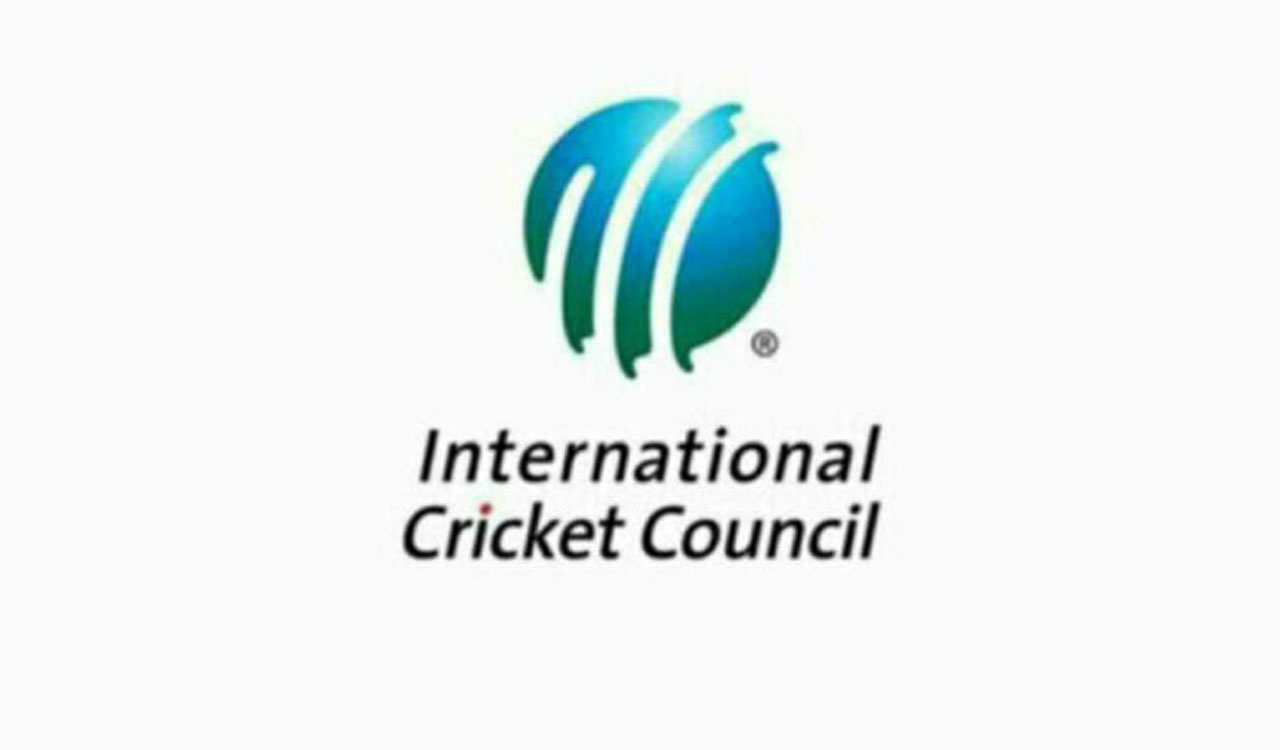
An electronic clock, counting down from 60 to zero, will be displayed on the ground, with the onus on the third umpire to determine the start of the clock.
Published Date - 15 March 2024, 06:11 PM
Dubai: International Cricket Council (ICC) has made mandatory the use of stop-clocks in between overs in limited-overs international matches. The rule will come into effect from June 1, 2024 and will be used at the upcoming ICC T20 World Cup in the West Indies and USA later this year.
The stop-clock is set to become permanent in all ODIs and T20Is from June 2024, starting with the ICC Men’s T20 World Cup 2024 in the West Indies and the USA, the ICC informed in a release after the Board meeting.
In December 2023, the ICC introduced the stop clock on a trial basis in men’s limited-overs international matches.
The trial was supposed to run until April 2024, but the experiment has already yielded results in terms of timely completion of matches. Results presented to the Chief Executives Committee (CEC) demonstrated that approximately 20 minutes had been saved per ODI match, the release informed.
The feature has now been added as a mandatory playing condition in all Full Member ODI and T20I matches from June 1, 2024. As per the stop clock rule that was trialled in men’s white-ball cricket, the fielding side is expected to start a new over within 60 seconds of the completion of the previous over.
An electronic clock, counting down from 60 to zero, will be displayed on the ground, with the onus on the third umpire to determine the start of the clock.
The failure of the fielding side to be ready to bowl the first ball of their next over within the stipulated 60 seconds of the previous over being completed attracts two warnings. Subsequent breaches would lead to a five-run penalty per incident.
There are a few exceptions to this rule, and the clock, if already started, can be cancelled in certain situations.
The exceptions include when a new batter comes to the wicket between overs; when an official drinks interval has been called and when the umpires have approved the on-field treatment of an injury to a batter or fielder.
The stop clock rule will also not be applicable when time lost is for any circumstances beyond the control of the fielding side.





Leave a Reply